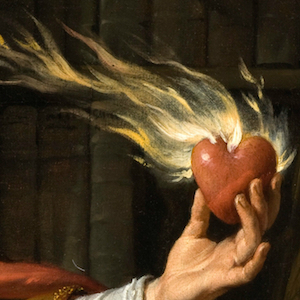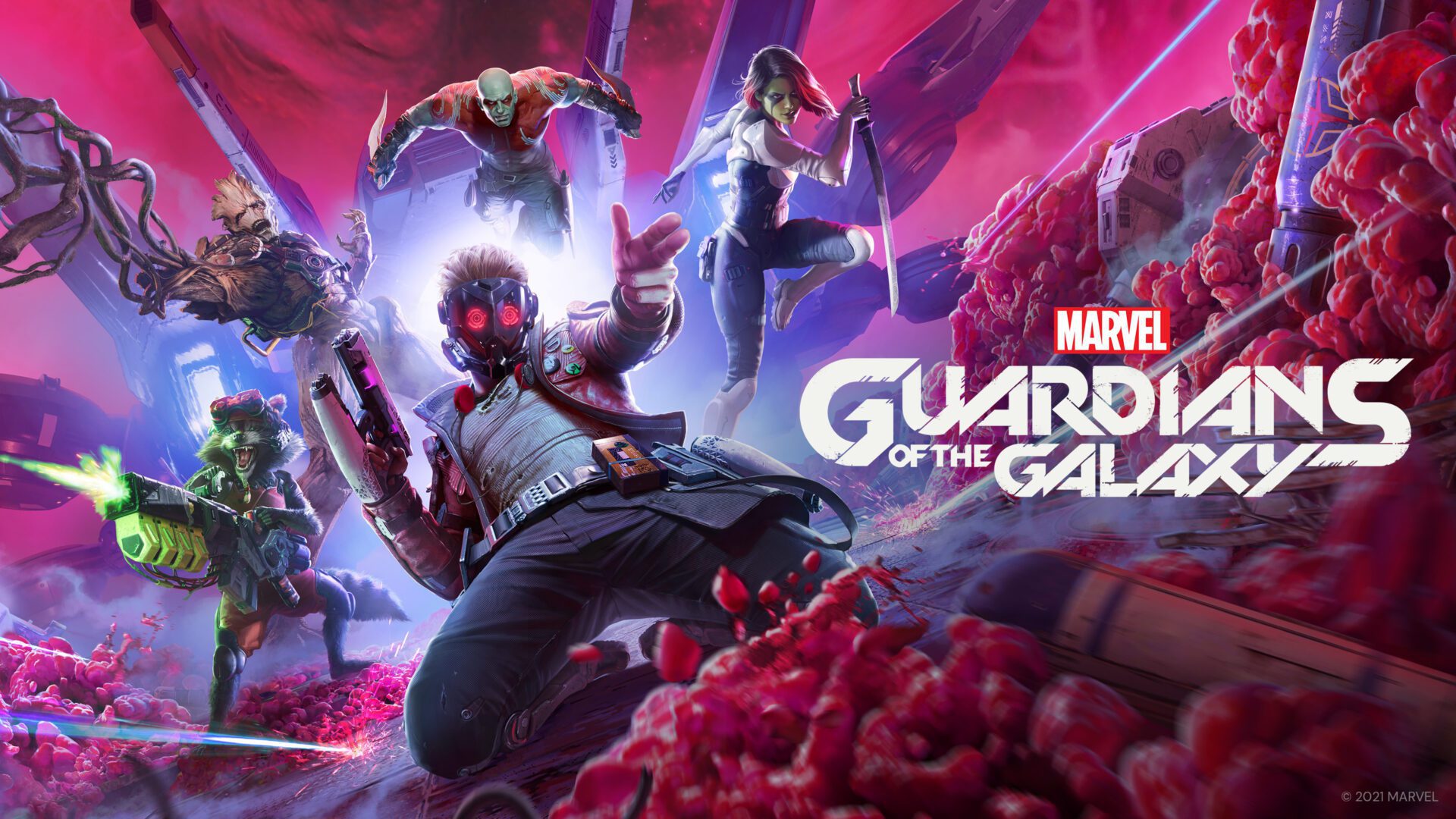
With the third Guardians of the Galaxy movie releasing in May, now seemed like as good a time as any to get reacquainted with the roguish spacefarers who are the Guardians, and review 2021’s Marvel’s Guardians of the Galaxy. My knowledge of the source material is essentially limited to the Marvel Cinematic Universe (and now this game), but even those few short hours give a novice a sense of what makes the Guardians so unique. It’s as if the word “no” was never uttered in any meeting where its worlds, characters, and stories were cooked up…and somehow, like one of Star-Lord’s mixtapes, it still holds together. The developers are to be commended for adopting that approach in this game, which serves as a blend of the Guardians’ anything-goes imagination, comic adventure, and camaraderie among misfits…as well as some technical hiccups, shallow mechanics, and surprisingly grim story decisions. Do the positives of Marvel’s Guardians of the Galaxy outweigh the negatives? In the words of one of its heroes, “I am Groot.”
Marvel’s Guardians of the Galaxy gives you control of the same team featured in the recent movies: arms specialist and loud-mouthed non-rodent Rocket [Racoon], his eloquent tree-friend Groot, skilled assassin (and daughter of Thanos) Gamora, and Drax the Destroyer, all led by demi-human everyman Peter Quill (a.k.a. Star-Lord). The quintet is challenged to a series of escalating heroic feats, the first of which is…to make some space cash. Our doughty band is light on dough, but believes they can make it big if they capture and sell a rare beast to one Lady Hellbinder, a famous warlord and owner of a monstrous menagerie. The Guardians’ hunt for that creature doesn’t quite go as planned, and they instead run afoul of Nova Corps law enforcement. While detained, Peter is confronted by a surprise from his past, but is unable to fully grasp the truth before being drawn into a much larger conflict.
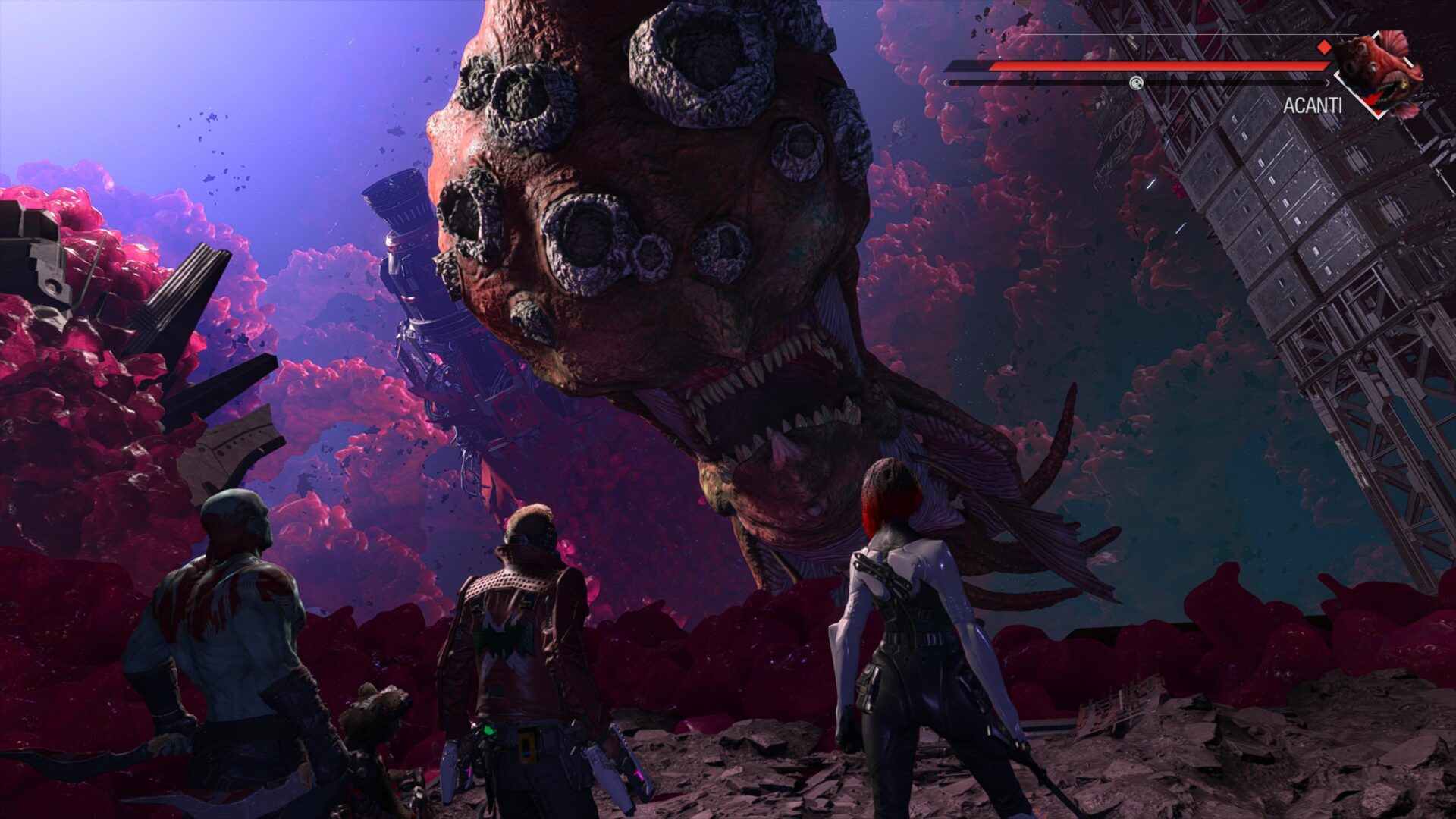
Aside from thematic qualms I’ll save for a spoilery Spiritual/Moral Value section, the script comes across as fairly well-written though still tarnished by some tropes and clichés. The now familiar gag of making fun of comic book names is well-represented, although it’s one that at least feels somewhat organic given the overall mood. There’s also some tired drama centered on a certain hirsute crewmember’s hurt feelings, but thankfully it is not continued for the entire game. On the other hand, the humor – at least for me – often landed surprisingly well, matching what I’d come to expect from the movies. It’s also worth noting that Guardians of the Galaxy takes only about 15 hours to complete, but I’d argue that’s a mark in its favor. The well-scoped length helps maintain momentum and mitigates against combat ennui.
Character interactions play a large role in Guardians both in and out of combat, which are portrayed with stellar voice acting. The visual representations of those interactions however are a bit of a mixed bag. While animations for almost the entire cast seem just fine, Peter Quill’s facial expressions just seem off. He often looks like he’s trying to talk through his teeth, and his eyebrows bend in painful ways. It’s nothing that can’t be overlooked, but it also cannot be ignored. Environmental and combat visuals, on the other hand, succeed at representing the alien grandeur of the cosmic comic book worlds.
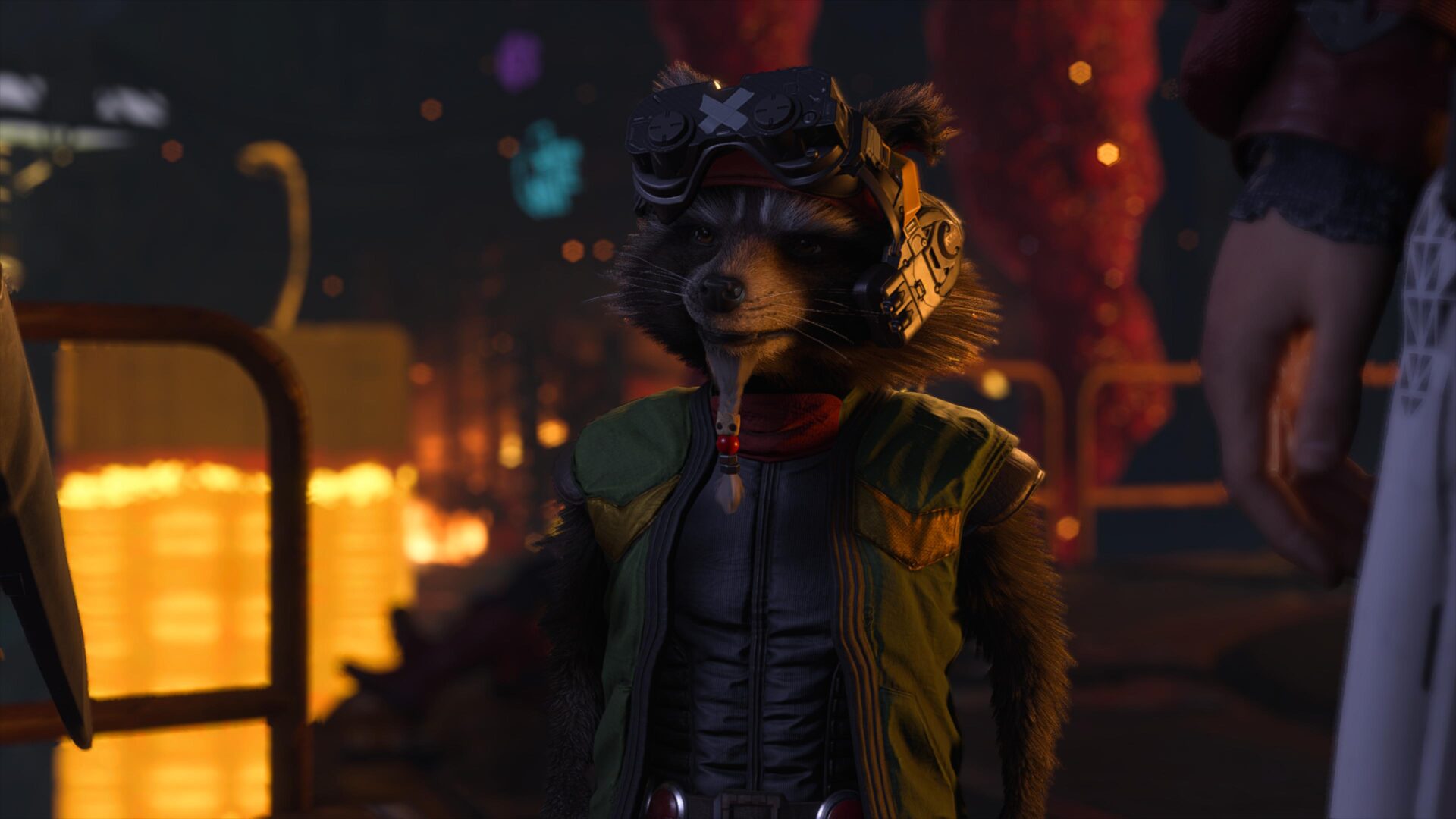
The planets you visit are depicted with vivid, saturated colors that still maintain an artistic unity, and are populated with all manner of fever-dream flora and fauna. You’ll see enormous plant stalks with unearthly geometries, and beasts with more eyeballs and teeth than you thought possible, or necessary. Even in the few more “familiar” environments, such as the gritty-futuristic-city of Knowhere, there are set-pieces that can help keep the player from feeling like he or she has seen it all before.
Rounding out our tour of Guardians‘s aesthetics is the soundtrack, which is a healthy mix of 80’s hits along with some metal and orchestral pieces written for the game. I’d contend advancing the decade of choice for the licensed music was a good decision that helps Marvel’s Guardians of the Galaxy craft an identity of its own. (And that assessment is most definitely not based on my age, familiarity, and nostalgia for the music in question.) The score’s original pieces are all fitting and pleasing, too, but it’s hard for them to stand out as more memorable than the hits of years gone by.
Now – how does the game actually play? As previously mentioned, Guardians is helped tremendously by its length, as there’s not much depth to any of the main gameplay elements, which could be split into three buckets – non-combat interactions, team puzzles, and run-and-gun combat.
The non-combat interactions consist of conversations and light exploration, but in neither case is there an overwhelming amount of choice. There are some dialogue options in conversations, which supposedly have story implications, but nothing so compelling that I felt it necessary to retread the campaign to find out what might have gone differently. Exploration is similar – you may occasionally choose between paths but it’s usually just a means of getting from one combat set-piece to another. (It’s a process that admittedly is still dressed up in some beautiful environments.)
The team puzzles are few – and I’d actually have enjoyed seeing that gameplay pillar be further developed. Each of your team members contributes a unique skill or two in the field that can help overcome obstacles. Drax can move heavy objects, Gamora can slice through obstructions, Groot can manifest plant bridges, etc. They’re fun segments that hearken to games like The Lost Vikings, but they’re all very simple. The same can be said of segments where you (as Star-Lord) and Rocket pair off to re-establish some electronic connection. These puzzles are made a little more satisfying in that they can offer access to optional rewards, but they’re only encountered a couple times.
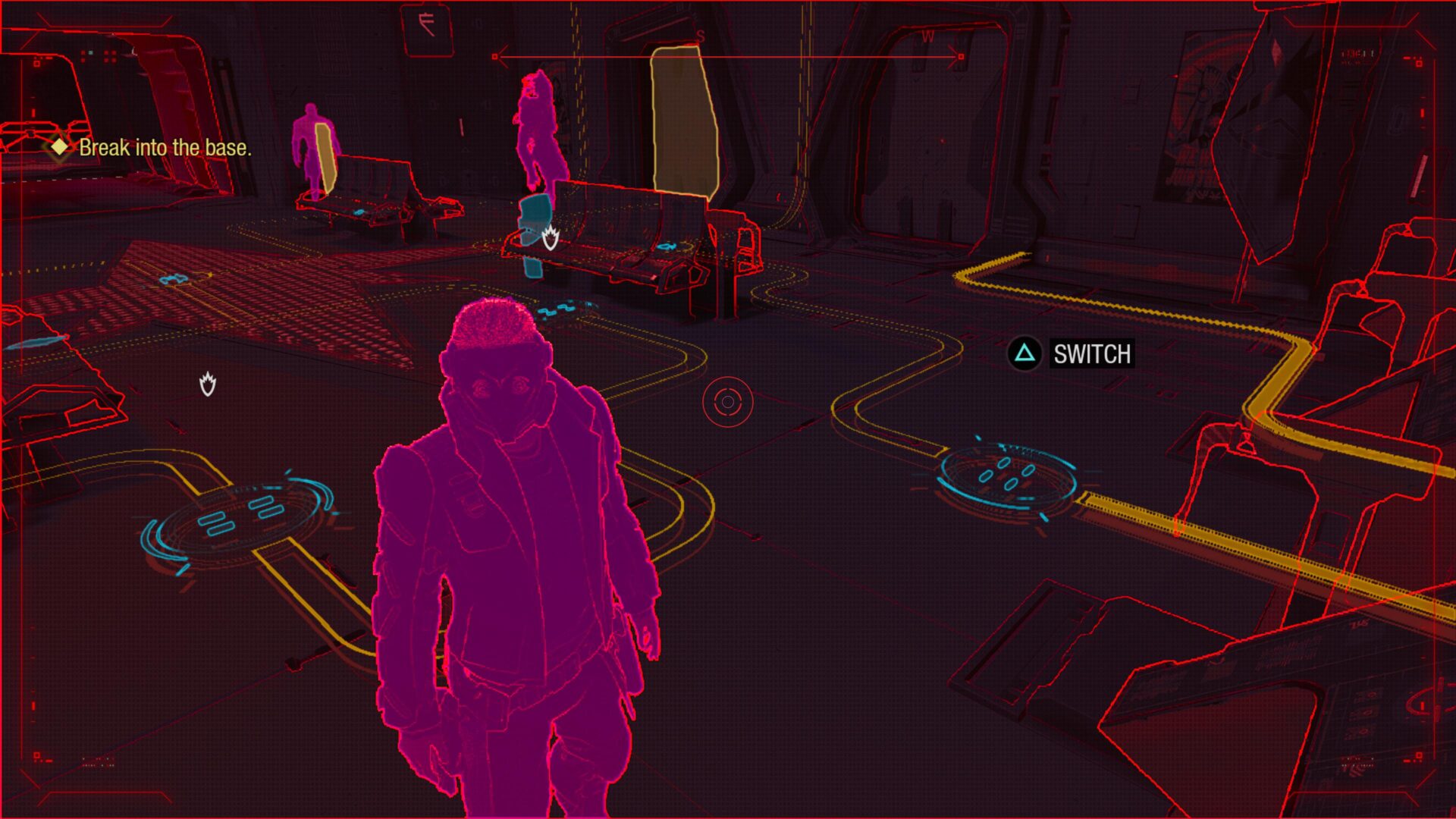
Finally there’s the combat, in which you primarily control Star-Lord. In battle, you’ll be navigating around enemy attacks while shooting as often as possible, using your guns which can be augmented with one of four ammunition types. Each ammo type has special elemental properties that counter enemy shields of the matching color, and perform an extra combat perk. (e.g. Lighting bullets chain to nearby targets, ice bullets can freeze an opponent, etc.). You’re also responsible for issuing commands to your team, which are each conveniently mapped to a combination of trigger and face buttons. These constituent elements compose a system that can be frenetic and fun, but offers little depth.
The characters’ skill trees might offer an initial sense of customization and progression, but it’s another gating system that’s more designed to keep the player from being overwhelmed by too many options at once. At no point are you customizing which skills each character can use, or selecting modifications to the existing set of commands. Once you’ve got the full menu of special abilities, that’s it. Furthermore, the differences between those abilities are mostly cosmetic. Your teammate’s three special attacks boil down to The One For Groups, The One For Single Targets, and The One That Stuns.
Now again, Marvel’s Guardians of the Galaxy does not overstay its welcome, so these complaints need not be taken too negatively. The game is still a good vehicle for the exploration of some fantastical worlds and humorous interactions between fun characters. Just understand, should you take the plunge, combat is not going to be a complex experience. Given the game’s brevity and the fact that it’s part of the PS Plus Extra and Xbox Game Pass catalogs, recommending it is a relative no-brainer for current subscribers of those services who are Guardians fans. For non-subscribers, you may wish to wait for a sale unless you are truly die-hard Marvel fans.
Further recommendations/warnings require spoilers, so consider yourself warned, dear reader.
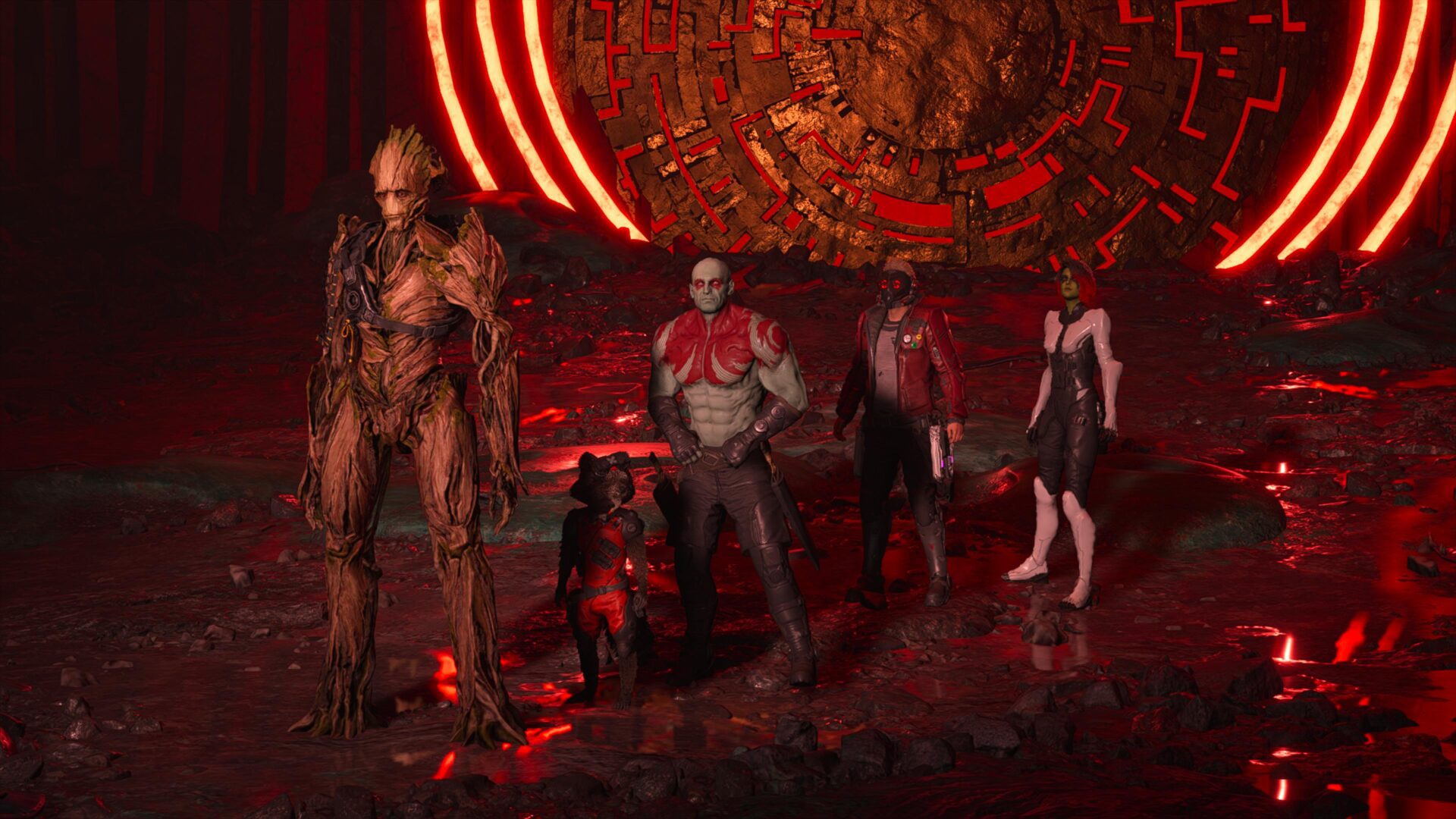
Moral/Spiritual Value
There are two major plot threads worth considering here, the first of which is the aforementioned surprise from Star-Lord’s past. After the initial hunt goes wrong, the Nova cadet who detains the Guardians turns out to be the daughter of a Nova Centurion, Ko-Rel, with whom Peter was romantically involved. Ko-Rel’s daughter, Nicholette, is of an age that matches the number of years since said involvement, and thus Peter strongly suspects Nicholette to be his daughter as well.
At first, Peter is played as more cad than dad, with a number of jokes made at his expense upon the revelation of his potential progeny. It’s understandable, though, that Peter would be apprehensive in accepting fatherhood – he himself is the child of an absent father, after all. We do eventually learn he is not the Nicholette’s true father, and the she is a war orphan Ko-Rel adopted after her time with Peter. Still, Quill spends the lion’s share of the game trying to protect or save Nicholette, and adopts her in the denouement. Given that Peter pushes through the initial hesitation, and especially that he chooses not to repeat his own father’s actions, Marvel’s Guardians of the Galaxy does at least give its hero room to mature and demonstrates the worthiness and importance of fatherhood.
The second thread deals with the source of the main conflict – an organization called “the Universal Church of Truth” which aims to subjugate the universe’s populace through a form of hallucinatory mind control. “Converts” submit their minds to this church through the acceptance of what is called “the Promise” — a bespoke fantasy intended to dull their deepest wounds. For example, when Peter Quill is offered the Promise, he is shown the world of his youth, though one in which his mother was not murdered.
It’s a happy lie, but a lie nonetheless, that our heroes are right to reject. At its core, isn’t what this “Universal Church of Truth” proposes an illustration, perhaps unwittingly, of the rejection of an absolute, transcendent truth? This “church” is a thoroughly modern organization, promulgating the familiar suggestion that reality is only what we say it is. The “truth” on offer here is not “the truth” but rather “one’s truth”. Accepting this “Promise”, then, while appearing to offer a superficial diminishment of suffering, is little more than sci-fi self-worship, and as the story unfolds we see where the Promise leads.
Absent a transcendent framework that permits relationships, “converts” are fundamentally atomized in their fantasies. Some appear to intersect, but there is no real unity amongst peoples hoped for by this “Universal” church. Furthermore, all things can be and are justified in the pursuit of more adherents. And perhaps the most diabolically on-the-nose mirror of Catholicism inherent in the “Universal Church of Truth” is that the true goal is to harness the “faith energy” of “converts” to empower the evil being truly pulling the strings.
The Promise is indeed tempting, given that human suffering and the vicissitudes of life are often so incomprehensible. However, the Church reminds us that we are children of a loving God whose own Son has felt all that we feel, and it is only through Him that can we make sense of these difficulties. “As an innocent lamb He merited for us life by the free shedding of His own blood. In Him God reconciled us to Himself and among ourselves; from bondage to the devil and sin He delivered us…By suffering for us He not only provided us with an example for our imitation, He blazed a trail, and if we follow it, life and death are made holy and take on a new meaning.” (Gaudium et Spes, 22)
Trusting in God is difficult, and in a galaxy that seems so devoid of mention of Him it is not surprising that the “Promise” would be so persuasive. And while the Guardians of the Galaxy are ultimately victorious, they do not offer much in the way of a guarantee against its resurgence. We at least know that through prayer and practice we can try to conform ourselves ever closer to Christ, which is the only way to truly be free.
Parental warnings:
Violence: the violence is mostly cartoonish sci-fi fare…other than some intensely grim portrayals of rejections of the “Promise”. You, as Peter, are forced to kill a hallucination copy of your own mother, and also watch Drax do the same to visions of his wife and daughter. I understand that these people are not real…but still. I’ve got to think there are other powerful ways to demonstrate the rejection of the Promise that don’t involve even a pretense of such heinous acts. (Wouldn’t simply walking away be just as effective? Watching the heroes depart as their faux family mournfully beckons them to return would’ve been at least as moving, if not more.)
Suggestive themes: a major plot point is the potential parenthood of Peter Quill and Ko-Rel, with whom he is not married, and the jokes around that subject are not always subtle. Character designs are mostly pretty tame, though Lady Hellbinder is revealingly clad (as is a woman on a poster in Quill’s room). Some of the 80’s music selections also have suggestive lyrics.
Scoring: 75%
Gameplay: 3/5
The game’s mechanisms are all pretty shallow, but that’s balanced by good pacing and a fitting length.
Visuals: 4/5
The worlds you visit stand out as particularly imaginative and memorable, but there are some technical hitches and odd animations that prevent it from receiving a perfect score.
Sound: 5/5
The voice acting is excellent across the board, and the 80’s hits fit the mood perfectly.
Replayability: 3/5
You can go back and see what other choices might lead to, but I suspect the results are not dramatic, and you won’t have an opportunity to mix up your playstyle on repeated trips through.
